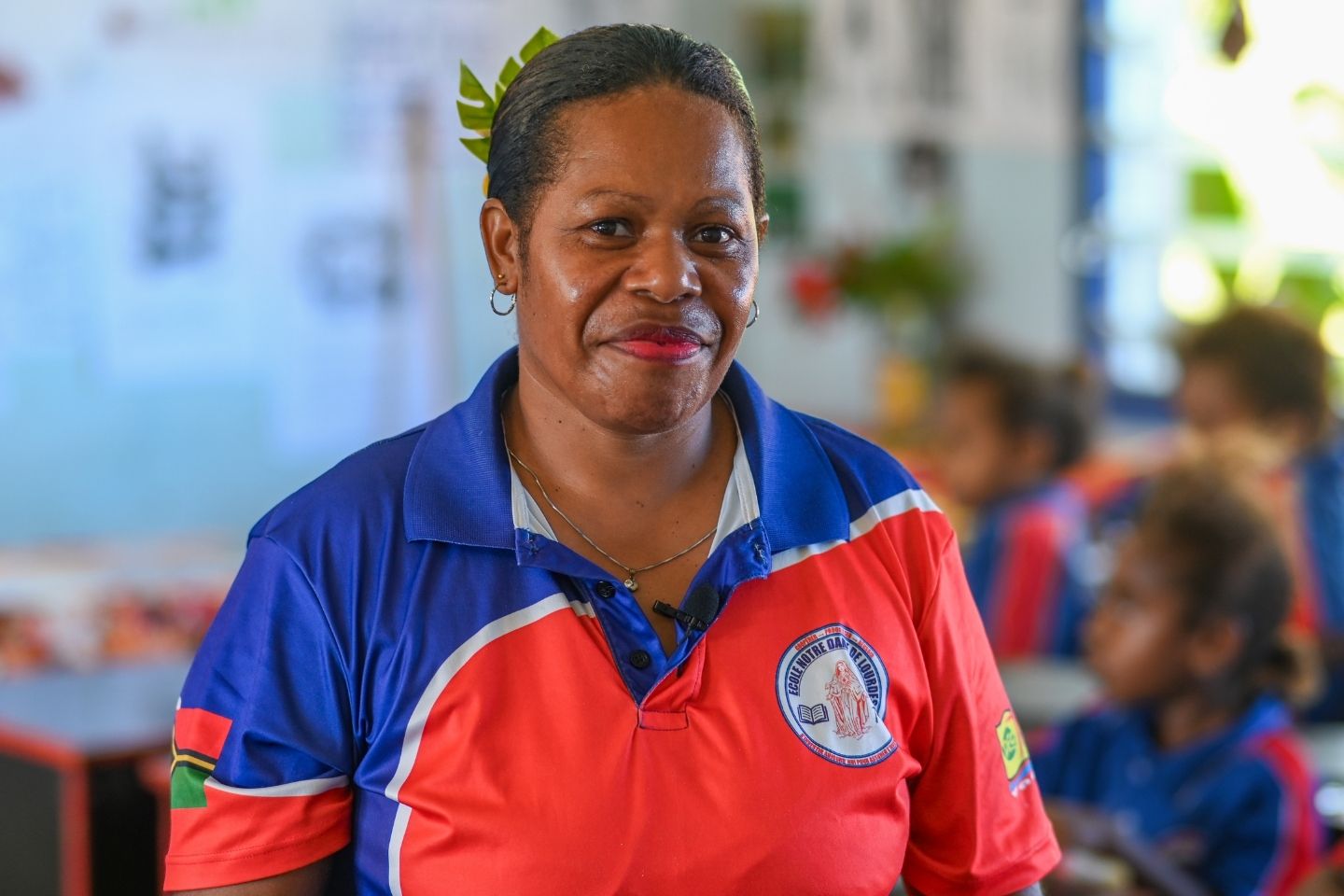
Straight from the source: including teachers’ voices in reforms
Research 5 Oct 2024 6 minute readThis World Teachers' Day, we’re highlighting the importance of teachers' voices and insights from their classrooms on student learning.
Teachers play a critical role in shaping the lives and educational progress of their students. Yet, their voices are not always heard or incorporated into the policies that affect how they teach in the classrooms.
Understanding the important role of teachers on student learning outcomes, the Australian Department of Foreign Affairs and Trade (DFAT) commissioned the Australian Council for Educational Research (ACER) to investigate the effectiveness of its teacher professional development investments in 3 countries in the Asia-Pacific region: Vanuatu, Lao People’s Democratic Republic (PDR) and Timor-Leste.
DFAT’s education initiatives were primarily designed to support the implementation of new curricula in each country and assist teachers to adopt a range of new pedagogical approaches. Understanding the conditions of success for effective and sustainable teacher engagement in professional development investments is at the forefront of this research.
An important feature of the Education Analytics Service Teacher Development Multi-Year Studies was the direct input of teachers in each country. This included understanding firsthand the challenges teachers face in their classrooms, their engagement with reform processes and teacher development initiatives, and their perspectives on the impact of these initiatives on teaching and student learning. Over the course of the studies, ACER conducted surveys, in-depth interviews and focus group discussions with hundreds of teachers and principals, as well as parents and national and provincial stakeholders.
To look at what was happening in classrooms, ACER also conducted 190 classroom observations to supplement teacher interviews and survey responses. The observations were gathered using a purpose-built classroom observation tool that enabled examination of targeted teaching practices as part of the introduction of new primary curricula.
Evidence from the 3 countries was used to inform country-level recommendations to improve teaching quality and student learning, as well as a series of strategies for future thinking in teacher development investments across the system, school, teacher and community levels. These strategies include actively engaging stakeholders across a system in education reform processes, providing long-term resourcing for continuous and ongoing professional learning to help teachers adapt to new practices, and designing initiatives that consider the local and specific experiences of teachers, leaders and their schools.
Another key outcome from the study series was the importance of sharing the classroom observation tool, given its potential application to other contexts. This has led to the development of an online classroom observation training package for use by local researchers and practitioners. Targeting the early grades of primary education in low- and middle-income countries, the training package includes a User Guide and classroom video footage to help train observers.
The classroom observation tool has multiple purposes. At a systems level, it can help countries track changes in teaching practices, target professional learning and inform associated investments and policies. At a school level, the tool can be used to inform the type of support and development that teachers need to improve student learning in their specific contexts. Importantly, it helps to ensure that teacher’s voices are included in reforms related to teacher practice.
ACER is grateful to all the teachers that participated in the Teacher Development Multi-Year Studies. Their input has helped to shape future education policies and practices, and ultimately, the futures of children in the Asia-Pacific region.
Further reading
View our classroom observation training package
Read What is needed to improve teacher professional development initiatives?